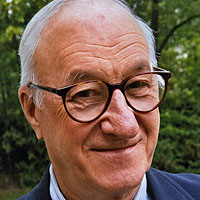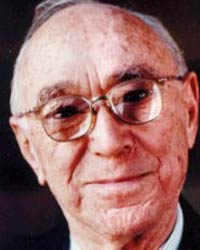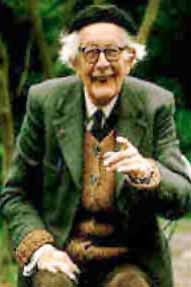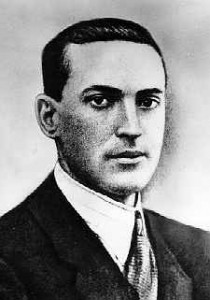Have you ever wondered what these guys looked like? Here they are
along with stuff they said
David Ausubel
“The most important single factor influencing learning is what the learner knows. Ascertain this and teach accordingly.“
Albert Bandura
“In order to succeed, people need a sense of self-efficacy, to struggle together with resilience to meet the inevitable obstacles and inequities of life.”
Jerome Bruner
“The shrewd guess, the fertile hypothesis, the courageous leap to a tentative conclusion – these are the most valuable coins of the thinker at work. But in most schools guessing is heavily penalized and is associated somehow with laziness.”
Jean Piaget
“I have always detested any departure from reality, an attitude which I relate to my mother’s poor mental health.”
Lev Vygotsky
“… People with great passions, people who accomplish great deeds, people who possess strong feelings, even people with great minds and a strong personality, rarely come out of good little boys and girls.”






“The shrewd guess, the fertile hypothesis, the courageous leap to a tentative conclusion – these are the most valuable coins of the thinker at work. But in most schools guessing is heavily penalized and is associated somehow with laziness.”
I really like this Bruner quote and plan to show it to my students this week! I really try to emphasize in my class that venturing to answer when you don’t know for sure if you are right is an act of courage.
Anecdote–A student this week when we were just starting to discuss a story that was assigned for homework ventured to answer the question, “Where is the story set when it starts?” She enthusiastically and confidently offered, “in the hospital.” I was quite surprised at what seemed to be a very off answer that would indicate that her comprehension may be a concern…. I paused and pursed my lips and then said, “That’s not right, but I’d really like to know why you think that because there must be a reason.” She replied, “Oh, I just assumed because the woman had a heart condition and a doctor was mentioned, so I pictured the story happening in a hospital.” She had missed some details on her first reading and should have read it again, but this instance certainly shows that she was connecting her schema to this new situation. Upon a closer reading, she would have realized her error on her own.
“… People with great passions, people who accomplish great deeds, people who possess strong feelings, even people with great minds and a strong personality, rarely come out of good little boys and girls.”
What a powerful statement here from Vygotsky! So all those students in the classroom that are rebels, questioners, antagonists, and challengers are the ones who will do, feel and create great things. Something to keep in mind!
Hi Helen,
This is my favorite quote as well! I think that it says a lot! But what really means being good little boys and girls… I wonder what Vygotsky means by being good…
Johanne
I hope Piaget was kidding!